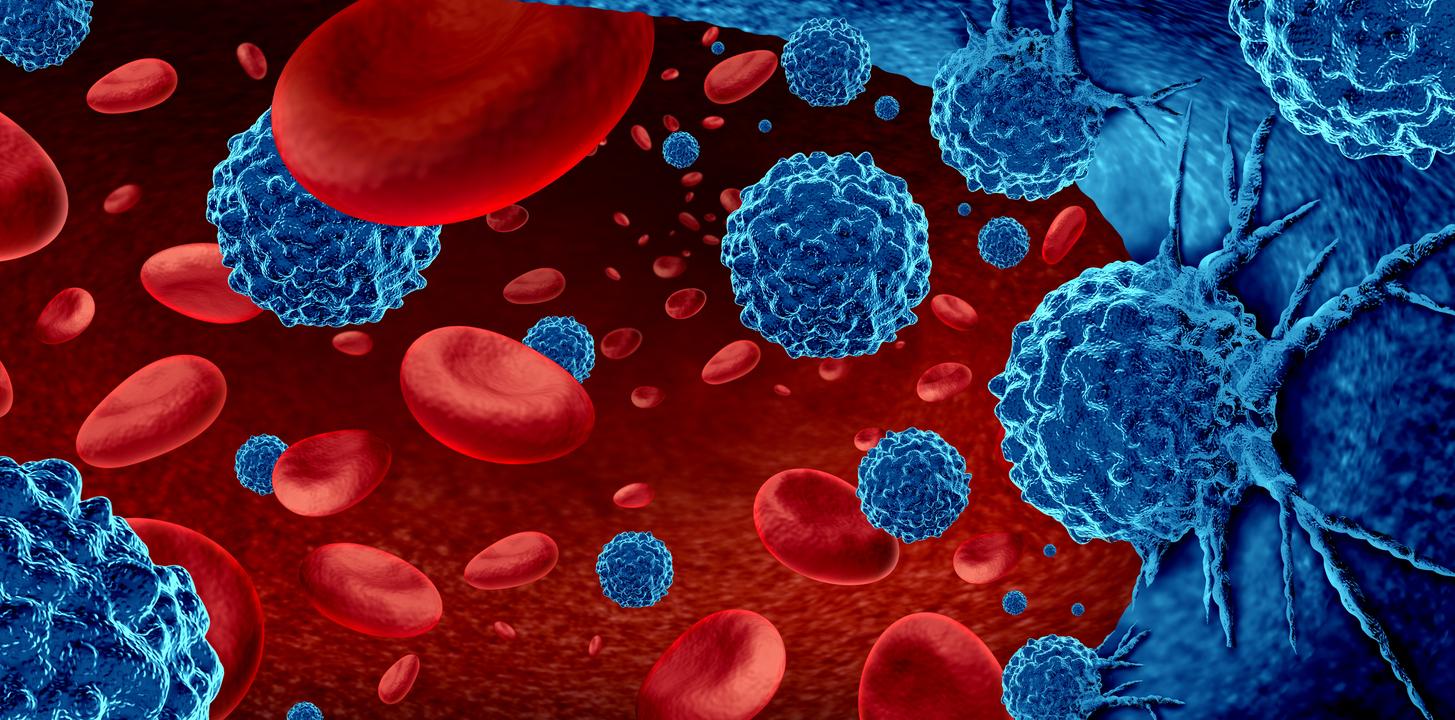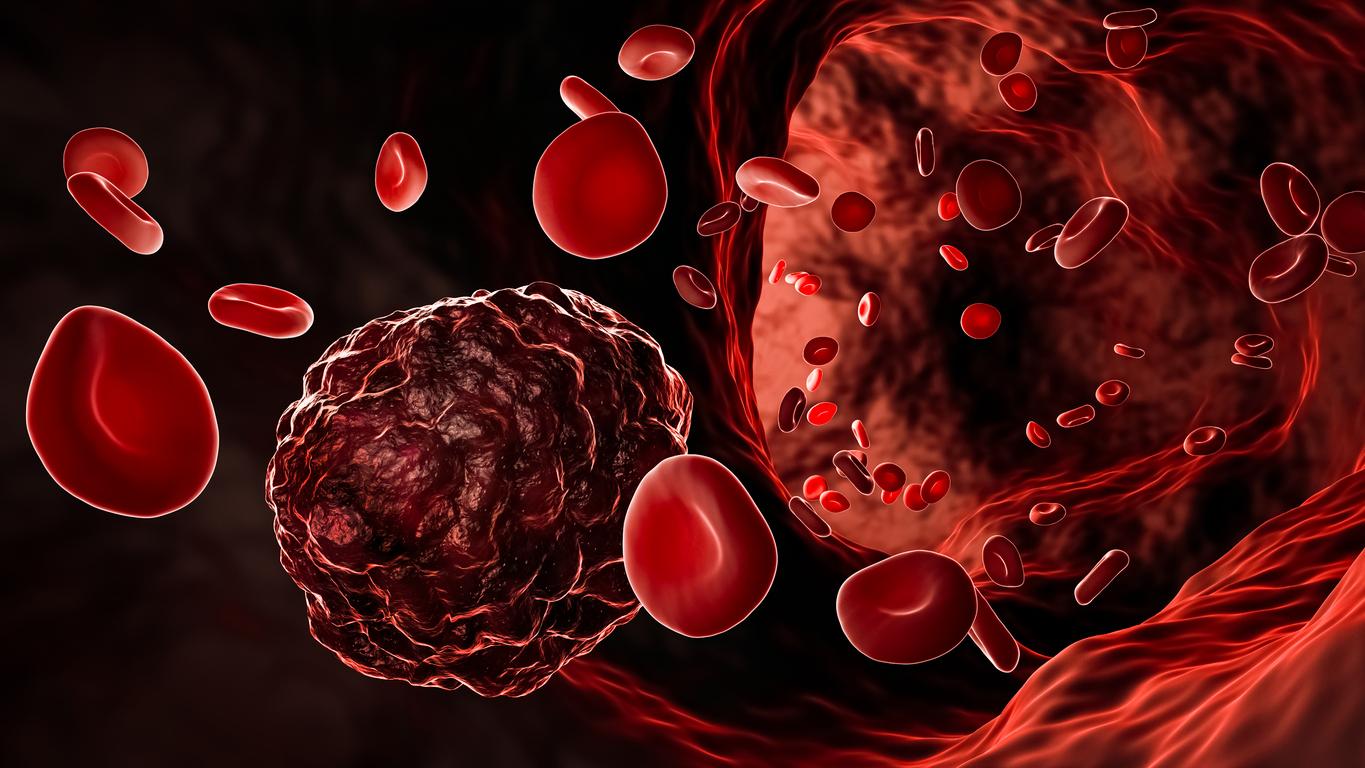Acalabrutinib, a highly selective Bruton tyrosine kinase inhibitor, shows clear benefit in relapsed or refractory mantle cell lymphomas.

Mantle cell lymphoma is a particularly aggressive type of non-Hodgkin lymphoma. It accounts for 3 to 10% of all non-Hodgkin lymphomas. Bruton tyrosine kinase is a particularly interesting target in this disease and it has renewed the treatment of these forms of leukemia.
Treatment with acalabrutinib gives a high rate of lasting responses and a favorable safety profile in patients with relapsed or refractory mantle cell lymphoma.
These are the results of a study published in the journal The Lancet, an open-label, non-comparative study, which in September obtained accelerated approval in the United States by the Food and Drug Administration (FDA) in the “treatment of adults with mantle cell lymphoma who have received in less previous treatment ”.
An uncontrolled study
This accelerated approval was obtained while the study is still preliminary: it is an open-label, comparator-free phase 2 clinical trial on 124 patients with recurrent or refractory mantle cell lymphoma.
Acalabrutinib was administered orally (100 mg twice daily) until disease progression or unacceptable toxicity. The main outcome measure was the overall response assessed according to the classification in force, which is the Lugano classification.
Particularly interesting improvement
The patients (median age 68 years) received an average of two previous treatments. At the 15.2 month evaluation, 100 patients (81%) achieved an overall response and 49 patients (40%) achieved a complete response!
With such results, the estimated medians for duration of response, progression-free survival, and overall survival were not achieved at 12 months: 72%, 67%, and 87%, respectively.
Side effects that remain moderate
The most frequent side effects are mainly moderate (grade 1 or 2 on a gradation of 4) and are headache (38%), diarrhea (31%), fatigue (27%) and muscle pain. (21%).
The most common grade 3 adverse events are neutropenia (10%), anemia (9%) and pneumonia (5%). There were no cases of atrial fibrillation and one case of grade 3 or worse bleeding. Treatment was discontinued in 54 patients (44%), mainly due to progressive disease (31%) or adverse events (6%).
Lymphoma is a disease of the blood
Lymphoma is a cancer of the lymphatic system characterized by the uncontrolled growth of abnormal white blood cells which are usually responsible for controlling infections: lymphocytes.
When these lymphocytes become abnormal, they grow out of control in lymphoid organs which are located in many organs of the body (lung, liver, intestine) in addition to lymphoid organs: lymph nodes, spleen, bone marrow, thymus. Due to the role of the lymphatic system in the immune system, lymphoma will be accompanied by an immune deficit.
Further studies
It is quite unusual to get accelerated approval with an open-label, non-comparative study against the reference molecule, but the results are very interesting.
Acalabrutinib is a second generation Bruton tyrosine kinase (BTK) inhibitor that is more selective for targeting alternative kinases than ibrutinib (first generation iBTK).
As a drug that has received accelerated approval in the United States, acalabrutinib still needs further, larger and comparative studies to verify these excellent results.

.
















